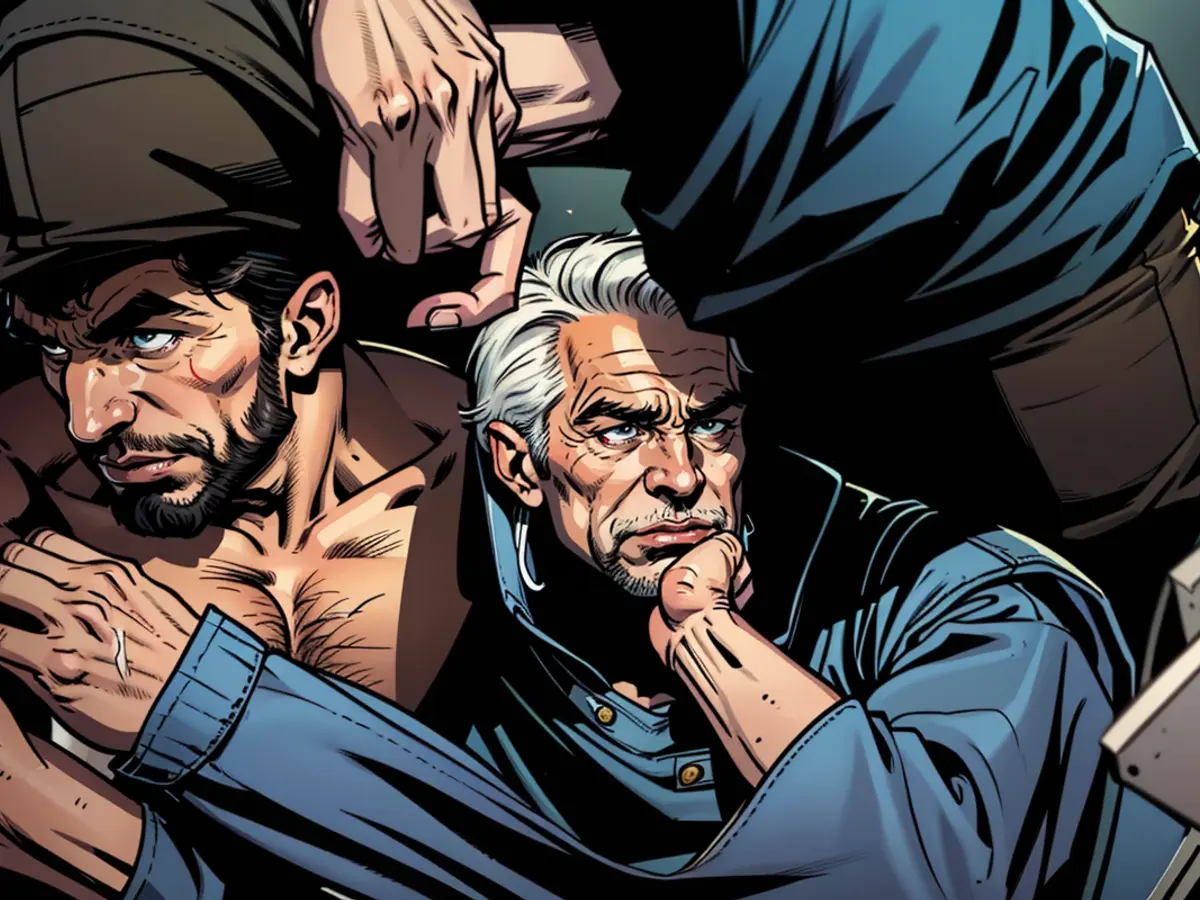Ampel proposes reducing financial aid for Dublin's refugee population.
The traffic light coalition is pondering severe benefit reductions for asylum seekers recorded in other EU nations. To prompt so-called "Dublin refugees" to depart, they will only receive essential non-monetary assistance rather than money.
As reported by a newspaper, the traffic light coalition is contemplating broadening the scope of these benefit restrictions for particular refugee sections. The refugee package being discussed between the SPD-controlled Interior Ministry, the Green Economic Ministry, and the FDP-led Justice Ministry includes stringent limitations on benefits for "Dublin refugees," according to the "Bild" newspaper. Those who entered and were registered through another EU state will be impacted.
Under the proposed plans, these individuals will not receive cash benefits or a cash card, but rather only necessary non-monetary assistance like shelter, food, and hygiene products (bed-bread-soap principle), as the newspaper continues. The government is also considering reducing the threshold for extreme deportation interest and taking measures against violent extremist Islam and tightening weapon laws with a focus on knives.
Greens Criticize Faeser
Green interior legislators call for a shift in focus towards internal security following the Islamist attack in Solingen. They criticize Federal Interior Minister Nancy Faeser from the coalition partner SPD. According to their department, "a classic, now largely outdated security policy is pursued, which gets bogged down in too many symbolic debates," write parliamentary vice-president Konstantin von Notz and parliamentary business manager Irene Mihalic in a position paper.
In general, they criticize the interior ministers in federal and state governments for not taking sufficient action to enhance cooperation between various authorities. "This inaction results in ineffective and sometimes dangerous double and no-structures," they argue. All interior ministers are nominated by the Union or SPD. Specifically, Notz and Mihalic demand more personnel and enhanced powers for security authorities - including covert investigations in social media networks and better communication between police and intelligence services. They propose that the federal and state governments investigate why the consistent deportation of non-German dangerous individuals is not occurring. To fund this, they suggest defining internal security as a collective responsibility in the Basic Law, meaning the federal and state governments would share responsibility.
In response to the proposed benefit reductions, some human rights organizations have voiced concerns about the potential impact on asylum seekers, arguing that such measures may violate their human rights. Furthermore, asylum seekers who are deemed "Dublin refugees" and have entered through another EU state may find it challenging to meet their basic needs without monetary assistance, as they will only receive necessary non-monetary aid.








